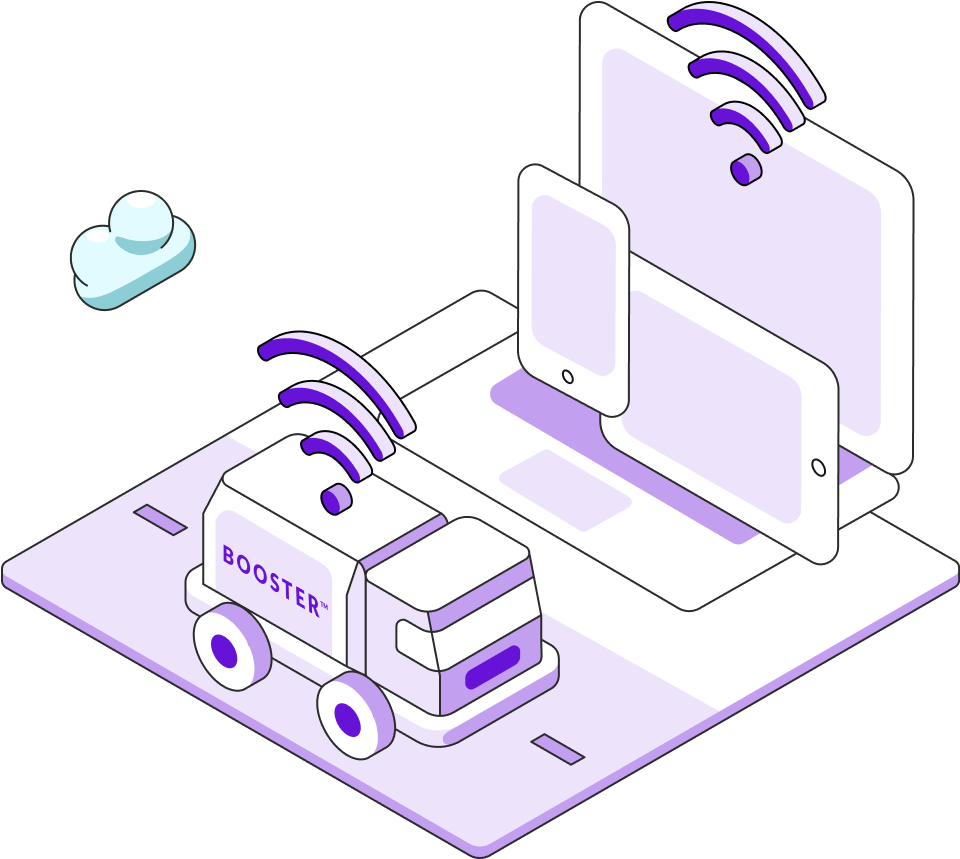Utilizing Fleet Data Boosts Efficiency, Saves Money

As the fleet transportation industry works to become more sustainable amid the uncertain economy, rising labor costs and skyrocketing demand for delivery services, efficiency is a key objective for fleets large and small. Boosting efficiency to manage costs, optimize paid labor and maintain vehicle performance is a key lever fleet managers have to pull when it comes to finding success in the fluctuating fleet marketplace. Data can help.
As the fleet transportation industry works to become more sustainable amid the uncertain economy, rising labor costs and skyrocketing demand for delivery services, efficiency is a key objective for fleets large and small. Boosting efficiency to manage costs, optimize paid labor and maintain vehicle performance is a key lever fleet managers have to pull when it comes to finding success in the fluctuating fleet marketplace.
With the information age bringing data collection and analysis into the mainstream of transportation management, more fleet managers than ever are investing in the technology to gain better understandings of their fleets. Fleet data collection and analysis can be used to track, predict and glean actionable insights on anything from suggested vehicle maintenance to driver behavior. Often, fleet telematics are deployed to gather the information.
Fleet telematics are the critical link between the assets themselves — fleet vehicles — and continuous improvements to operations and equipment. The term refers to a type of data, collected using telematics devices, that uses GPS capabilities and on-board diagnostics to track vehicle movements. According to Teletrac Navman, a global telematics software-as-a-service provider, 86% of fleets now use telematics, up significantly from just 48% two years ago and 82% in 2018.
But while fleets use telematics technology to collect more data than ever before, it often goes largely unused if fleet managers do not have the tools for interpretation. Although single-point considerations (how many gallons of gas a fleet used in a given month, for example) can be useful, the highest value of fleet data is derived when it is interpreted to determine trends over time. In this effort, easy-to-understand data dashboards are beneficial to helping fleet managers easily understand the deluge of data offered by fleet telematics devices.
Booster’s fleet portal offers an example, as it gives fleet managers access to real-time fleet data both at the granular vehicle level and the fleet-wide level, providing actionable insight on fleet performance, savings and trends. Key metrics include fuel consumption, fuel spend, number of boosts per vehicle, map visualization of fueling location, miles reduced, emissions prevented, cost savings and more. With this dashboard, fleet managers access visual representations of data, customizable reporting in the form of email updates and Quarterly Business Reports, and finance management for fueling services.
By tapping into fleet trend insights, like how much fuel is used when running certain routes, fleet managers can make better informed decisions to improve their bottom lines. According to GeoTab, a global leader in IoT and connected transportation, GPS tracking through telematics devices can save a fleet an average of $157 per driver, or $4,151,400 for a fleet of 2,200.
Vehicle maintenance and run costs, for example, constitute a significant portion of overall fleet costs. By understanding fleet data trends, fleet managers know which vehicles in their fleet have the ideal cost to maintenance/operation ratio. They can then use that knowledge to decide which vehicles they should prioritize on each route and which vehicles to buy in the future. This is just one way in which data insight can help fleets save money.
As a customer-driven, tech-forward company, Booster is committed to pairing our services with the best technologies for customer success. As always, we aim to help our customers become as smart and efficient as possible in their energy usage. Knowledge is power, and as fleet managers look to manage fuel spend, curb emissions and boost efficiency, data insights can help identify areas for improvement.

